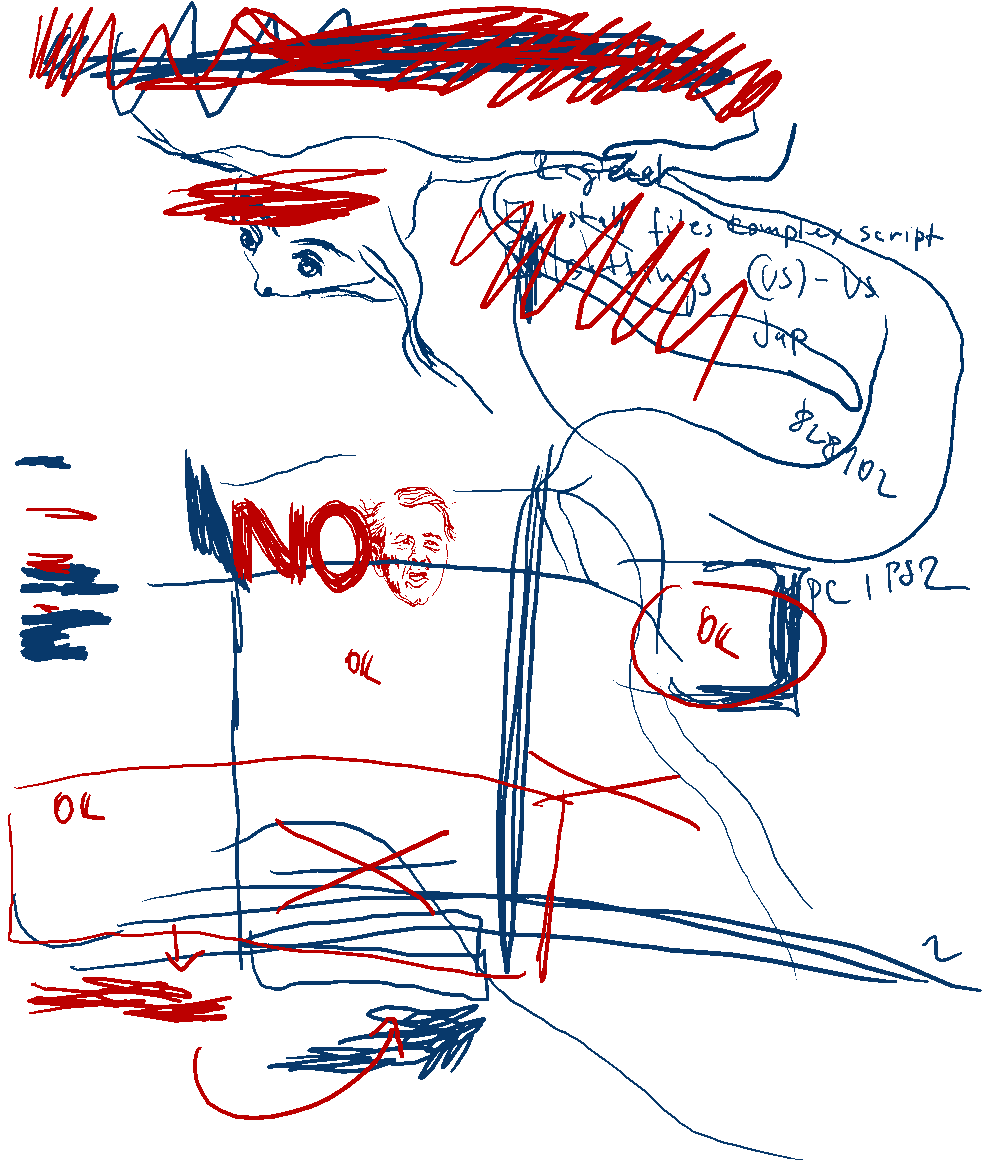Nearly three months into Israel’s military onslaught against Hamas in the Gaza Strip, divisions within its wartime government have become increasingly public.
Some of Israel’s leading politicians publicly feuded Friday after what one source described as a “fight” in a security cabinet meeting over how to handle investigations into the October 7 Hamas attacks on Israel.
There have also been public disagreements about the post-war plan for Gaza.
Israeli Defense Minister Yoav Gallant outlined a vision Thursday that envisages no Hamas control of the enclave and no presence of Israeli citizens. The plan was criticized by the country’s far-right finance minister, who has championed the idea of a Palestinian exodus from Gaza. The minister called for renewed Israeli settlement construction in Gaza and the “voluntary migration” of its civilians.
Here’s what else you need to know today:
Military to probe “failures”: Israel’s military is expected to launch an operational investigation to learn from its “failures” and apply those lessons to future security challenges, the Israel Defense Forces (IDF) spokesperson Daniel Hagari said Friday. An internal investigation would be conducted within the chain of command, and another investigation would be carried out by former senior officials to “externally reflect on the processes and decision-making,” Hagari said.
Famine “around the corner” in Gaza: People in Gaza face the “highest levels of food insecurity ever recorded,” according to Martin Griffiths, the United Nations’ top emergency relief official. Gaza is “a place of death and despair,” Griffiths said Friday, as hundreds of thousands of displaced civilians live without access to basic necessities in the tent camps packing southern Gaza.
Satellite images taken Wednesday and published today show the extent of the crowding there.
Deadly Israeli airstrikes: Several Israeli airstrikes on Khan Younis in southern Gaza left at least 12 people dead Friday, according to a statement from the Palestinian Ministry of Health in Ramallah.
Elsewhere, at least 10 Palestinians were killed in the area of the Al-Maghazi refugee camp, according to a doctor at Al Aqsa Martyrs Hospital. The doctor added that a separate airstrike on a house in Deir al-Balah killed three people and left seven wounded. CNN has reached out to the Israel Defense Forces for comment on the strikes.
Major diplomatic visits: Two key visits from Western officials this weekend come as leaders in the Middle East warn of the potential for an expanded regional conflict stemming from the Israel-Hamas war.
US Secretary of State Antony Blinken arrived in Turkey for the first stop in a multi-country tour. His visit will focus on indirect, back-channel diplomacy with Iran, which backs the Houthi rebels in Yemen and Hezbollah paramilitary group in Lebanon — two key players in the region’s inflamed tensions.
Meanwhile, the European Union’s foreign policy chief is in Lebanon to discuss the situation at its border with Israel, which is the site of regular clashes between Hezbollah and Israeli troops.
More on the Iranian proxy groups: Hezbollah leader Hassan Nasrallah claimed Friday that many Israeli troops have been killed or wounded during the ongoing clashes, which he says are aimed “to mount pressure on the enemy government and to stop the assault on Gaza.”
Meanwhile, in Yemen, Houthi supporters gathered Friday to commemorate fighters killed by the US Navy in the Red Sea on December 31.
Tunnel discovery: Israel’s military released a video Friday showing one of what it says are seven tunnel shafts underneath the Blue Beach resort along the Mediterranean Sea in northern Gaza. The Israel Defense Forces accuses Hamas of using the tunnel system to carry out “attacks both above and below ground.” CNN cannot independently verify the IDF’s claims.





















